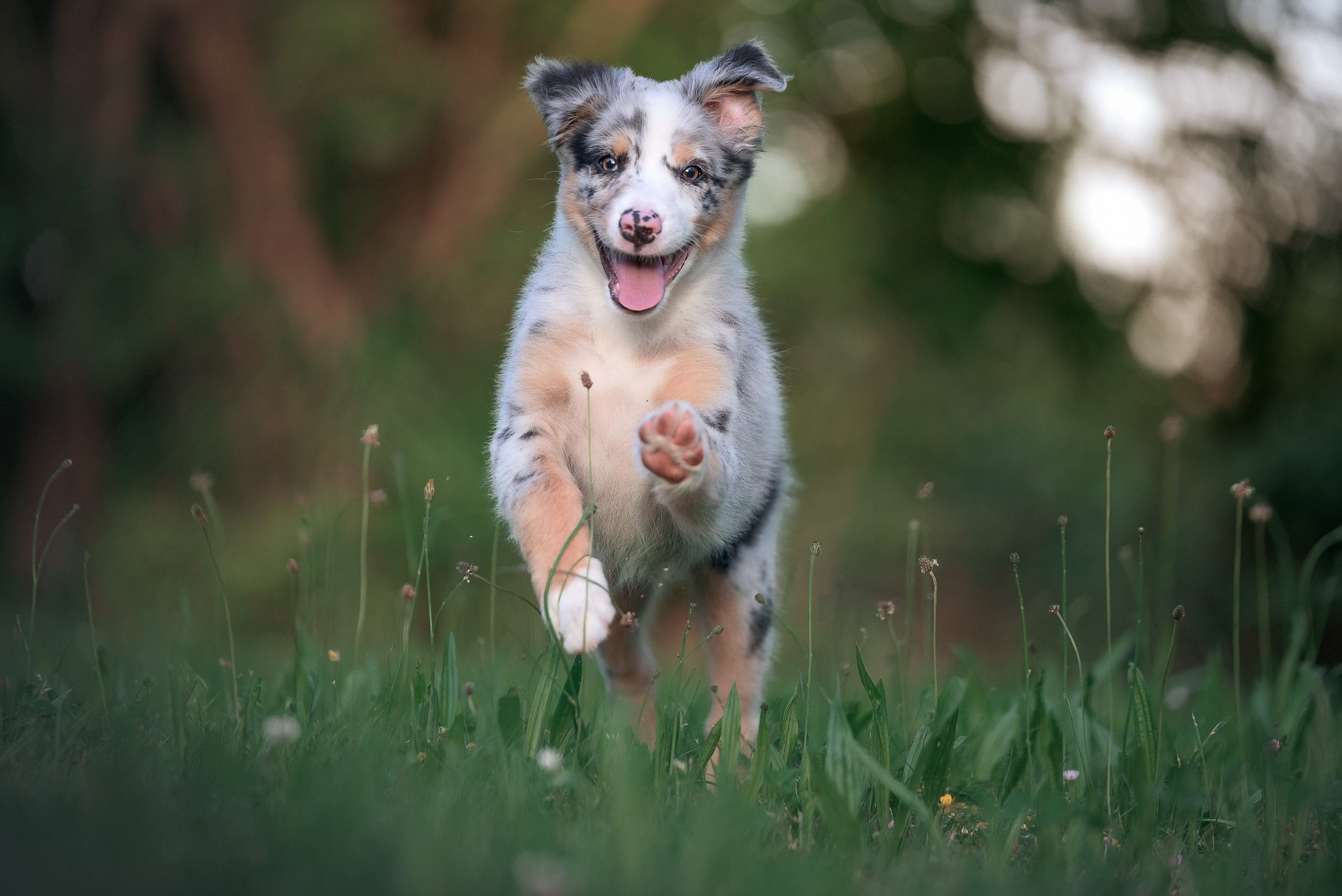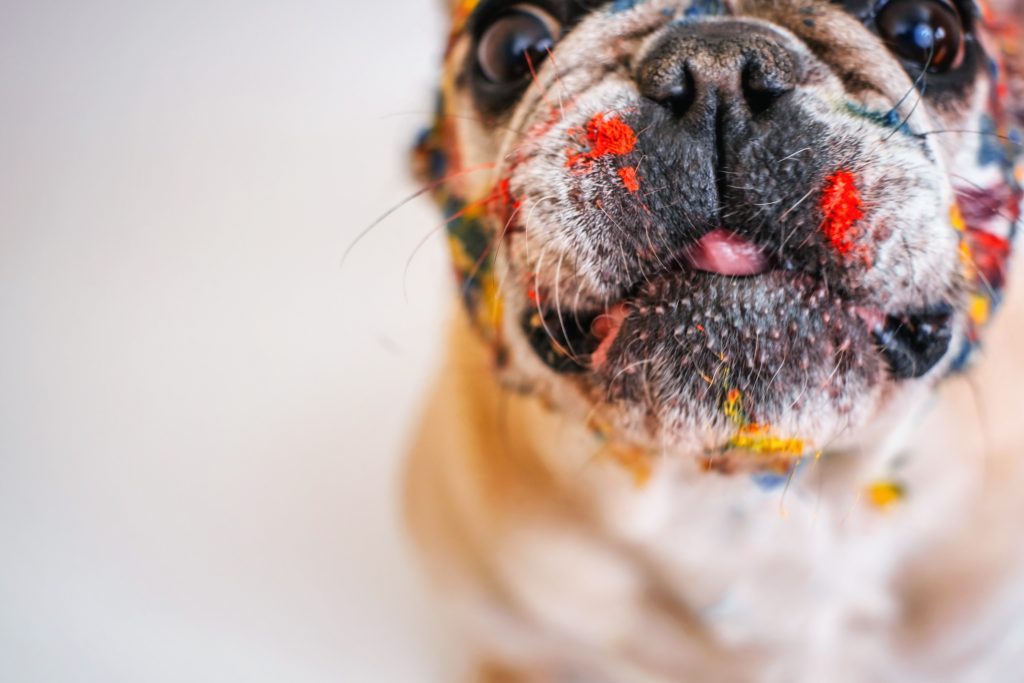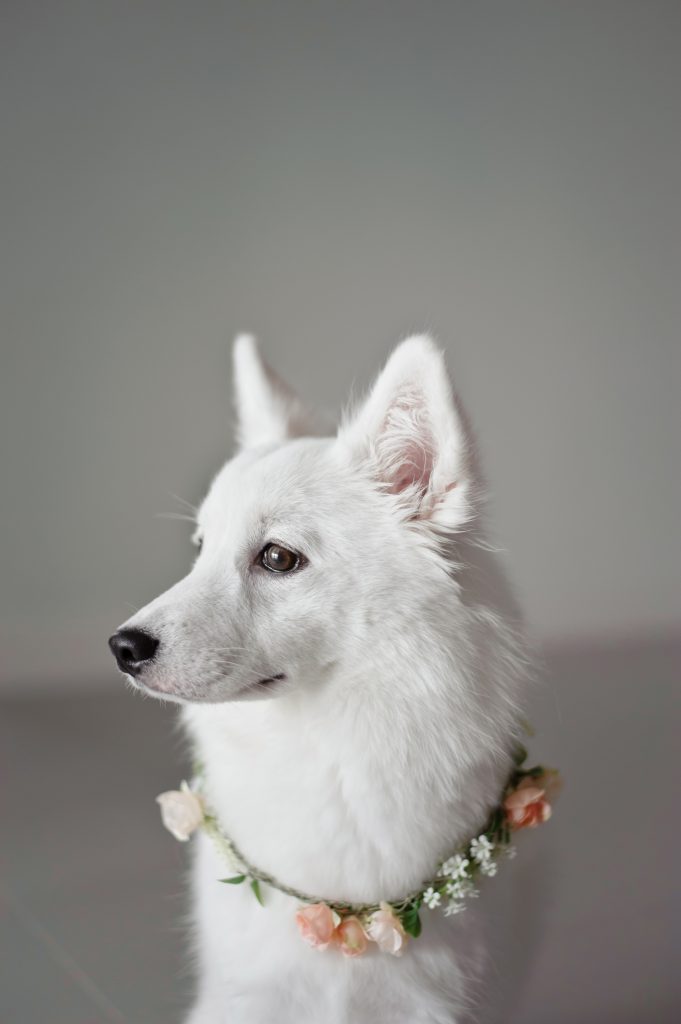Colitis in cats is a condition characterized by inflammation of the colon, also known as the large intestine. This inflammatory bowel disease affects the final portion of the digestive tract, responsible for water absorption and the formation of feces. When the colon becomes inflamed, it can disrupt normal digestive processes, leading to various uncomfortable symptoms for the cat. The condition can affect cats of all ages, breeds, and genders, although some breeds may be more predisposed to developing chronic forms of colitis.Colitis not only impacts the digestive system but can also affect a cat’s overall health, behavior, and well-being if left untreated.
Signs and Symptoms
The signs and symptoms of colitis in cats can vary depending on the severity and duration of the condition. However, there are several common indicators that cat owners should be aware of. The most prevalent symptom is diarrhea, which often contains mucus and, in some cases, fresh blood. This diarrhea may be frequent and urgent, leading to increased trips to the litter box. Affected cats may strain while defecating, which can sometimes be mistaken for constipation. Other symptoms include abdominal pain or discomfort, which may be evident through vocalization when the abdomen is touched or through a hunched posture. Cats with colitis may also experience decreased appetite, weight loss, lethargy, and a general decrease in activity levels. Some cats may exhibit increased audible gurgling sounds from their abdomen. In severe or chronic cases, vomiting may occur, although this is less common than diarrhea. It’s important to note that cats are adept at hiding signs of illness, so owners should be vigilant for any changes in litter box habits or behavior that might indicate digestive discomfort.
Causes of Colitis in cats
The causes of colitis in cats can be diverse and sometimes challenging to pinpoint. Acute colitis is often triggered by dietary indiscretion, such as eating spoiled food, sudden changes in diet, or consuming foreign objects. Stress can also play a significant role in triggering colitis, especially in sensitive cats. This stress can be caused by changes in the environment, introduction of new pets, or other disruptions to the cat’s routine. Chronic colitis may have more complex underlying causes. These can include food allergies or intolerances, inflammatory bowel disease, autoimmune disorders, or even certain types of cancer. In some cases, chronic colitis may be idiopathic, meaning the exact cause remains unknown. Environmental factors, such as exposure to toxins or certain medications, can also contribute to the development of colitis.
Treatment Advice from our experts at CuddlyTails
The treatment of colitis in cats depends on the underlying cause and the severity of the condition. For acute cases, the primary approach often involves dietary management. This may include withholding food for a short period to rest the intestines, followed by a gradual introduction of a bland, easily digestible diet. In many cases, veterinarians may recommend a hypoallergenic or novel protein diet to rule out food sensitivities. Fluid therapy may be necessary to address dehydration caused by diarrhea. For cases involving bacterial infections, antibiotics may be prescribed. Anti-inflammatory medications might be used to reduce inflammation in the colon, especially in chronic cases. Probiotics and prebiotics can be beneficial in restoring healthy gut flora.This could involve ongoing dietary management, regular medication, and periodic check-ups to monitor the condition. Stress management techniques, such as providing a calm environment and using pheromone diffusers, can be helpful for stress-induced colitis. Throughout the treatment process, it’s essential to monitor the cat’s response closely and adjust the treatment plan as needed. In rare, severe cases that don’t respond to medical management, surgical intervention might be considered.
Preventive Measures
While not all cases of colitis can be prevented, there are several measures cat owners can take to reduce the risk and severity of the condition. Maintaining a consistent, high-quality diet is crucial. Avoid sudden changes in food and introduce new foods gradually. Ensure your cat always has access to fresh, clean water to prevent dehydration. Regular deworming and flea control can help prevent parasitic infections that may lead to colitis. Create a stable, enriching environment for your cat, and minimize changes to their routine when possible. For cats with known food sensitivities, strict adherence to an appropriate diet is essential. Keep your cat’s living area clean, including regular litter box maintenance, to reduce the risk of bacterial infections.Being observant of your cat’s behavior and litter box habits can help you detect and address potential digestive issues early.
Conclusion
Colitis in cats is a complex condition that can significantly impact a feline’s health and quality of life. While it can be challenging to manage, understanding the signs, causes, and treatment options is crucial for effective care. Early detection and prompt veterinary attention are key to managing colitis successfully. With proper treatment, most cats with colitis can experience significant improvement in their symptoms and overall well-being. Remember, each cat is unique, and what works for one may not work for another, so patience and personalized care are essential in managing this condition effectively.




 Unlimited access and follow ups for continuous pet care
Unlimited access and follow ups for continuous pet care 








